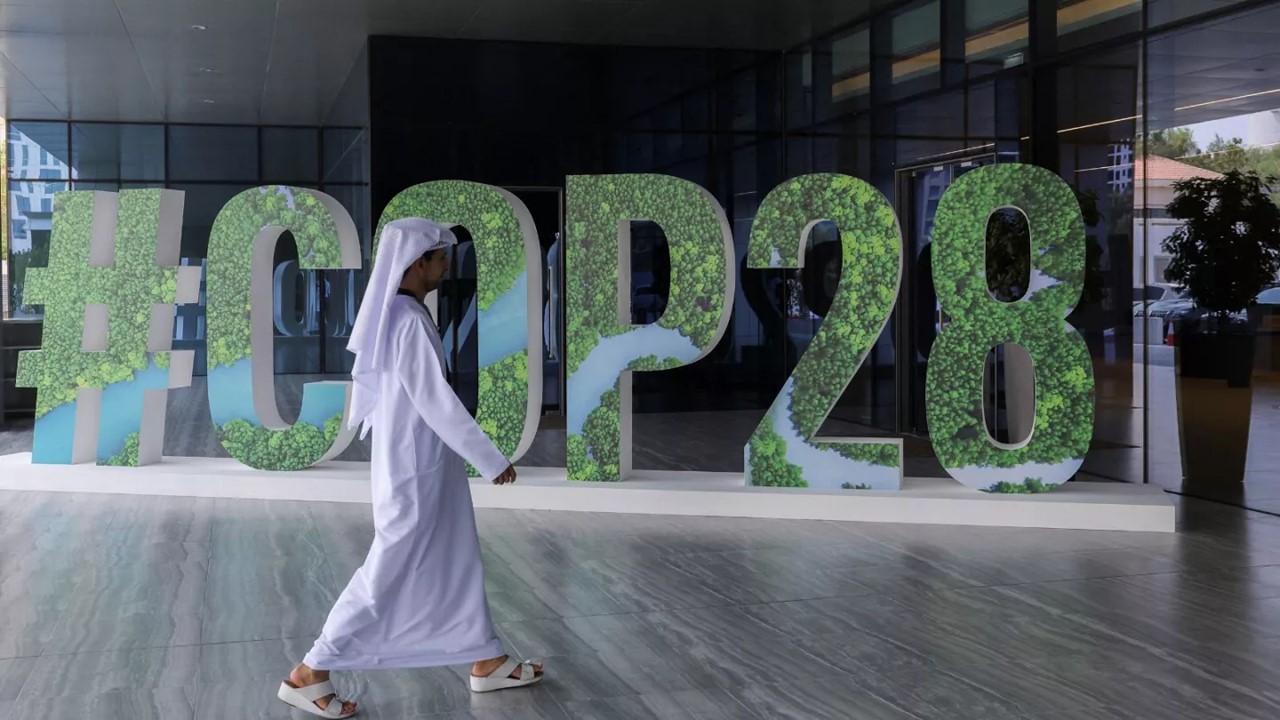
With COP 28 fast approaching, the UAE’s green credentials are understandably in sharp focus. As the first of the GCC countries to stake its colours to the mast and commit to a net-zero target (by 2050), it can justifiably claim regional leadership in this area and, coupled with its early adoption of renewables and nuclear, which will jointly constitute 50% of power supply by 2050, it has also led the way in initiation, investment and implementation.
Much has been written on this already and no doubt, as COP approaches, we’ll see plenty more, but what of the rest of the region? Will there be a wider green halo-effect or will the other GCC countries be found lurking in the sustainability shadows?
Firstly, a snapshot of where each of the countries stand on their net-zero commitments: Oman has joined the UAE with a 2050 plan; Bahrain, Kuwait and Saudi Arabia are all aiming for 2060; Qatar stands alone as the only nation not have made the pledge at all so far. All have public targets for renewables, with Saudi’s 50% by 2030 the most aggressive and Bahrain’s 10% by 2035 the least exacting. There is a varied picture on stated targets to reduce greenhouse gas emissions and national climate strategies, however every GCC country does have at least one national body acting as the regulatory lead and coordination point.
Against this mixed bag of attainment and ambition, it’s obviously hard to draw any general themes or correlations. However, given the centrality of hydrocarbons to the entire region’s economy you can be sure that the western press will be exercised by the whole ‘the main oil producers aren’t doing enough’ angle, a viewpoint that conveniently overlooks who the main oil consumers are. Particularly at a time of high oil prices, this is an easy grenade to lob however it also reinforces the wisdom of having Dr Sultan Al-Jaber as President of COP 28: who better than an oil man to make the case for fossil fuels being part of the medium-term solution across the region, not least through generating the income to fund the green transition?
Perhaps the most obvious manifestation of the GCC’s commitment to the move away from hydrocarbons are the manifold ‘Vision’ initiatives which are all founded on the simple but also essential premise of diversified economic growth, long-term private sector employment and the development of knowledge-based economies beyond – indeed, without – oil and gas. The seismic nature of these plans, involving huge societal change, and the scale of investment required to bring them to fruition are testament enough to the Gulf’s commitment to COP’s principles, even if their original motivations might be different.
Once the COP bandwagon rolls back out of town, media attention will fade and the spotlight will shift, however the GCC’s sustainability drive will continue based on essential economic necessity. The region has no choice but to innovate, change, adapt and advance and perhaps this locally-held COP comes at the right time to re-frame these as not just being important for regional growth, but also fundamental for the GCC’s credibility as a region that is taking sustainability seriously.
This article was first published in Arabian Business on 2nd November 2023.
